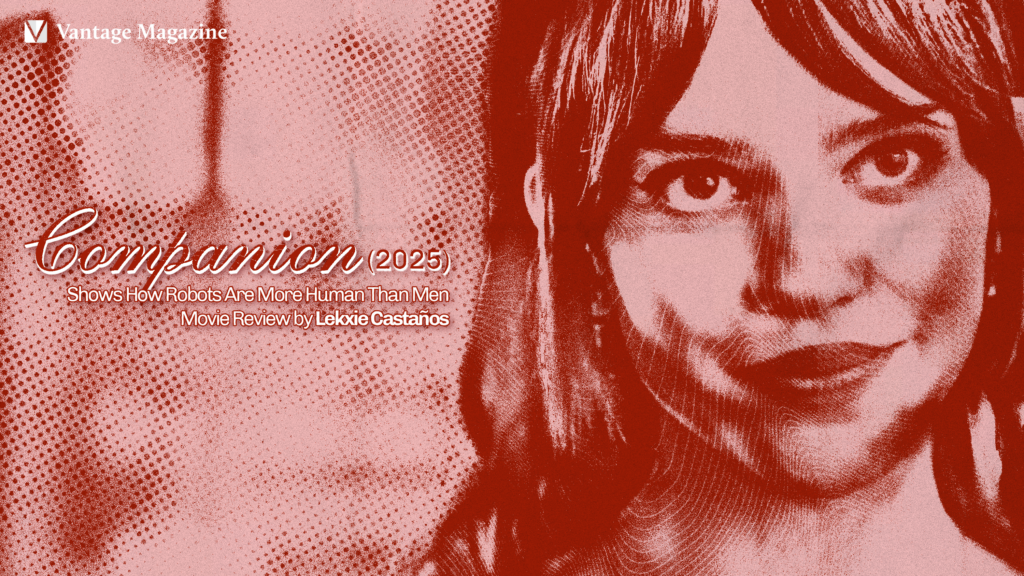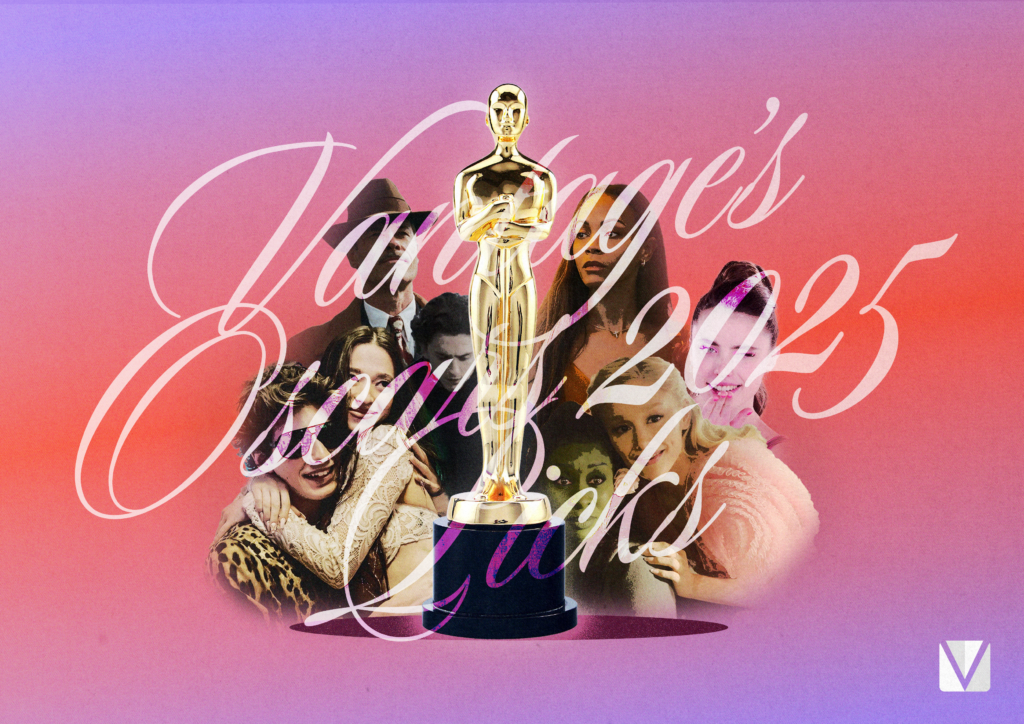As the calendar turns to 2015, we have officially passed the halfway point of the new decade. With that in mind, we’ve decided to take a look back at the various cultural milestones that have made a profound impact over the past five years. In this article, two of our staffers take a look at the 10 greatest films that have come our way over the past half-decade.
The past five years have been loaded with brilliant cinema. Great directors are still releasing great films, and a new generation of young auteurs in both Hollywood and world cinema have sprung up to shake up the movie landscape. Animation has grown by leaps and bounds, championed by companies like Pixar and Studio Ghibli. We’ve also seen resurgences in niche genres like sci-fi, film noir, musicals and other specialty films, while the blockbusters and prestige pictures that dominate the cineplex have only been getting better and better.
In that spirit, this list is our way of celebrating all this. With much difficulty—and a nominations list around fifty films long—we’ve managed to whittle down the last five years of cinema into 10 films that encapsulate everything great about them. This list is by no means definitive—different strokes for different folks, after all—but it’s a great place for anyone who likes the movies to start.
All worthwhile lists, of course, need parameters. These were ours, all weighed equally:
- Popularity: How much it made in the box office.
- Cultural Impact: How much it entered into our cultural DNA. Helpful questions to ask:
- Does it reflect or articulate anything about the modern zeitgeist?
- Is it uniquely 2010’s, or could you see it being made in some other decade?
- Was its release an event—a potential watershed moment in culture?
- Acclaim: How much the critics dug it.
- Staying Power: How much it can withstand the test of time. Great films are both timeless and reflective of the time they were made, and the tandem of Staying Power and Cultural Impact is a good way of measuring that.
- Emotional Connection: This was the official tiebreaker criteria.
Let’s rock and roll.
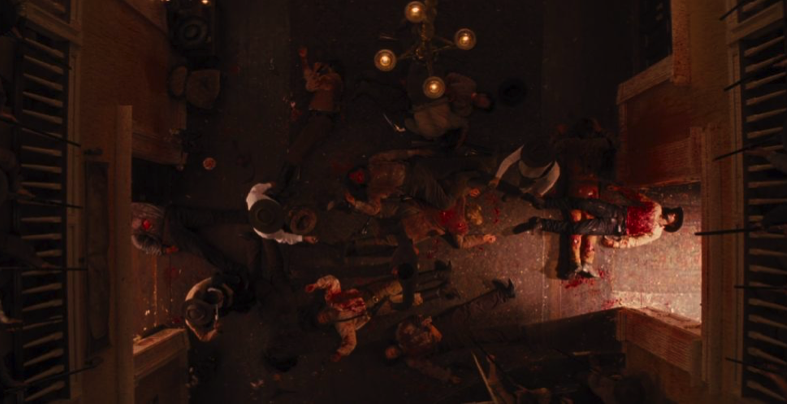
Photo from film-grab.com
- Django Unchained (2012, Quentin Tarantino)
Tarantino films are known for two things—gratuitous violence and sharp dialogue—and Django Unchained has them both in spades. The film is Tarantino par excellence, with an incredible script, unforgettable set pieces and revelatory acting performances from Christoph Waltz and Leonardo DiCaprio.
The film, like all of Tarantino’s 21st century movies, riffs on genre cinema, with this one being the director’s take on the spaghetti Western—so called because of the copious bloodshed it normally features. In that regard, the film does not disappoint, with gory gunfights and action-packed battles aplenty. Frenetic and intense, it’s as powerful a wake-up call as an adrenaline shot through the heart.
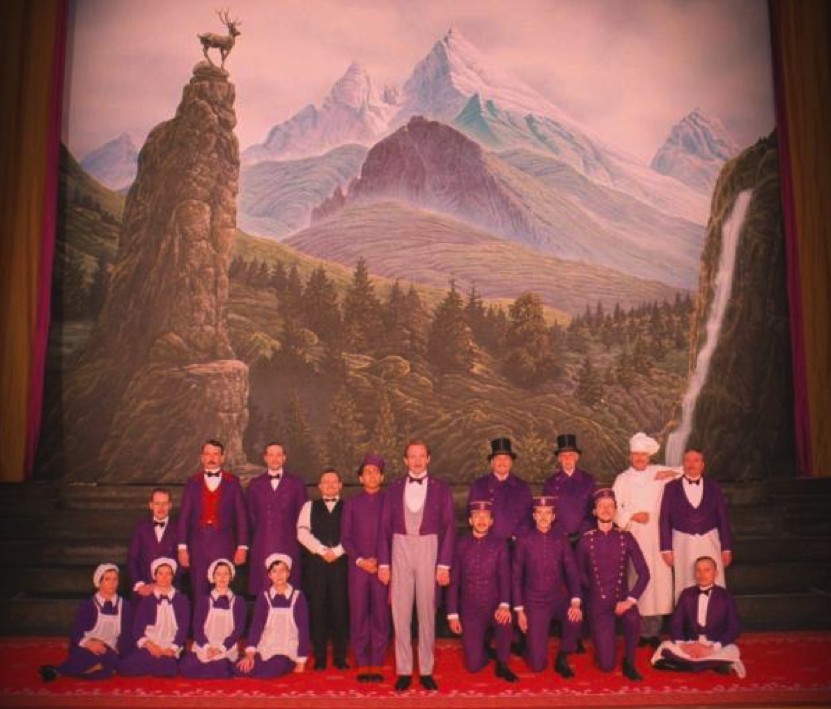
Photo from film-grab.com
- The Grand Budapest Hotel (2014, Wes Anderson)
It’s hard not to like Wes Anderson’s The Grand Budapest Hotel. Aesthetically appealing, emotionally stimulating and with a great sense of humor, it’s like that person you’d fall in love with on the first date.
Sure enough, it’s filled with your usual Anderson quirks, yet it stands out for being the most adventurous and ambitious in the director’s filmography by far. Still, one of the best things about The Grand Budapest Hotel is that it never becomes overwhelming in terms of its grand story and calculated visuals. While old fans of Anderson are already certain to get their fix of the famous director’s palette, old and new fans alike are welcome to check in and stay to witness this thoroughly enjoyable experience, even in the years to come.
- Gravity (2013, Alfonso Cuarón)
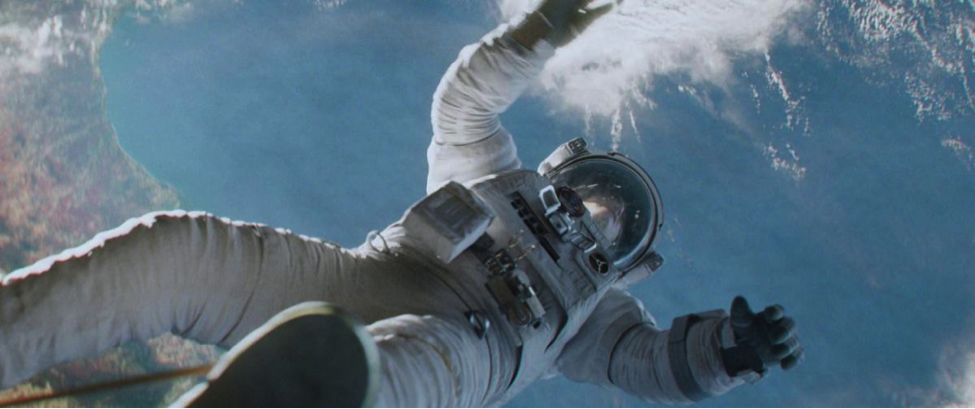
Photo from film-grab.com
If there’s one movie set in outer space that deserves a spot on this list, we believe it to be Gravity. Alfonso Cuarón’s 2013 masterpiece brings us one of the most terrifying cinematic experiences we’ve had in a very long time. The visual effects are a highlight of the film; every second brings us to breathtaking sights, thanks to the film crew’s game-changing innovations.
However, at the very center of Gravity is nothing out of this world. As things get worse for its main character, Dr. Ryan Stone (played with absolute finesse by Sandra Bullock), we are captured as well by the entire experience, fueled by the urgency not merely to survive, but also to live. This combined with the film’s ability to take us on an extraterrestrial thrill-ride makes Gravity a major threat in its genre.
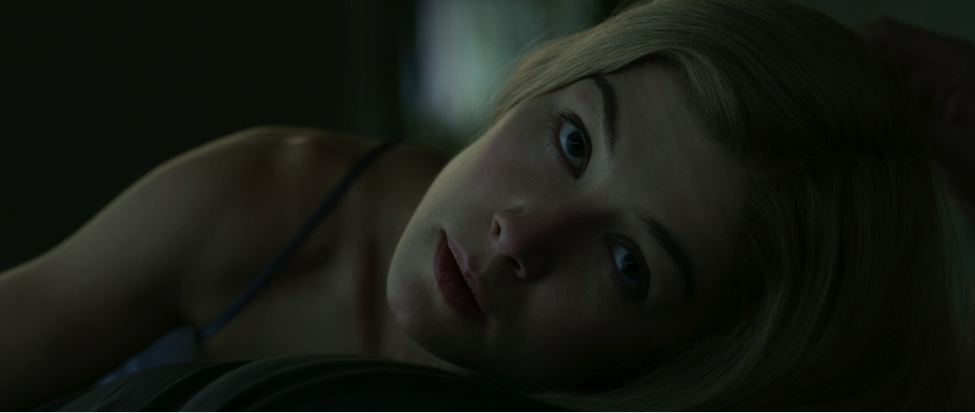
Photo from the-letterbox.com
- Gone Girl (2014, David Fincher)
If you had watched Gone Girl in cinemas, then you must have felt the heavy atmosphere as the credits rolled. David Fincher’s latest effort, an adaptation of the novel by Gillian Flynn, is the kind of movie that punches you in the gut and leaves you thankful for it. Despite some of the most grotesque scenes being played onscreen, Fincher orchestrated this thrilling experience so that it’s hard for you to look away, no matter how badly you want to.
Showcasing some of the most intricate pieces of directing this year and then some, Gone Girl has changed the way we look at female anti-heroes. If anything, Rosamund Pike’s performance as the titular girl Amy Dunne will haunt husbands everywhere for years to come.
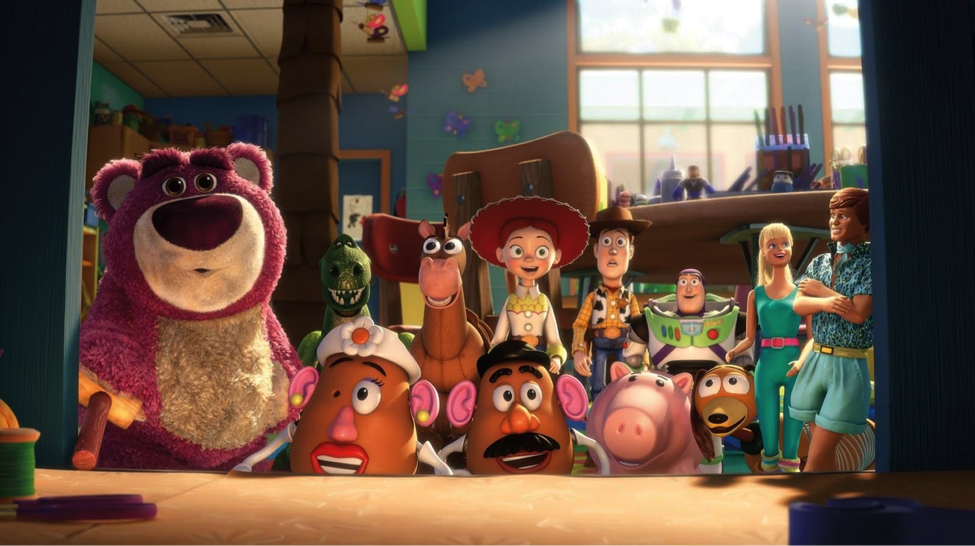
Photo from fanpop.com
- Toy Story 3 (2010, Lee Unkrich)
A fourth Toy Story installment is definitely happening in 2017, as announced by Disney last November. But do we really need a Toy Story 4? With the franchise wrapped in a nice little bow by way of the heartfelt Toy Story 3, we can’t help but wonder how else the story could progress. After all, the franchise has become so iconic that it deserves no less than a phenomenal ending—which is exactly what Toy Story 3 turned out to be.
No matter how long ago the first two movies were, we still found ourselves returning to our childhood feelings. But much like Andy, we’ve come to realize that it’s possible to outgrow certain things in our lives and move on. Toy Story 3 gave us the closure that we needed, plus a lot of tears and good memories to carry along.
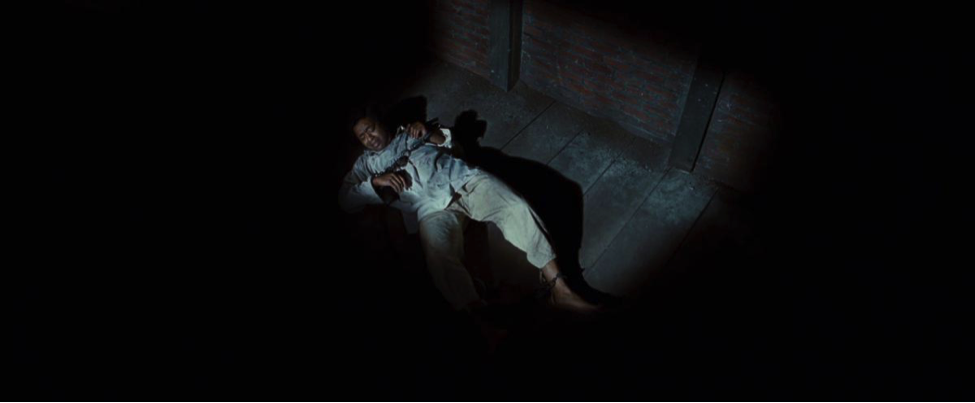
Photo from film-grab.com
- 12 Years a Slave (2013, Steve McQueen)
Steve McQueen’s rise from promising indie upstart to breakout critical darling has been nothing short of meteoric. But seeing as he was working with material as meaty and provocative as Solomon Northup’s gritty recount of the horrors of slavery, it’s certainly not surprising.
12 Years a Slave will beat you up inside. McQueen’s vision of plantations by the bayou evokes a beautiful kind of tragedy, and Chiwetel Ejiofor’s emotionally charged performance as Solomon turns these evocations into very real sort of pain. The only Best Picture winner on our list, 12 Years a Slave is a rare case of the Academy getting it so very right.
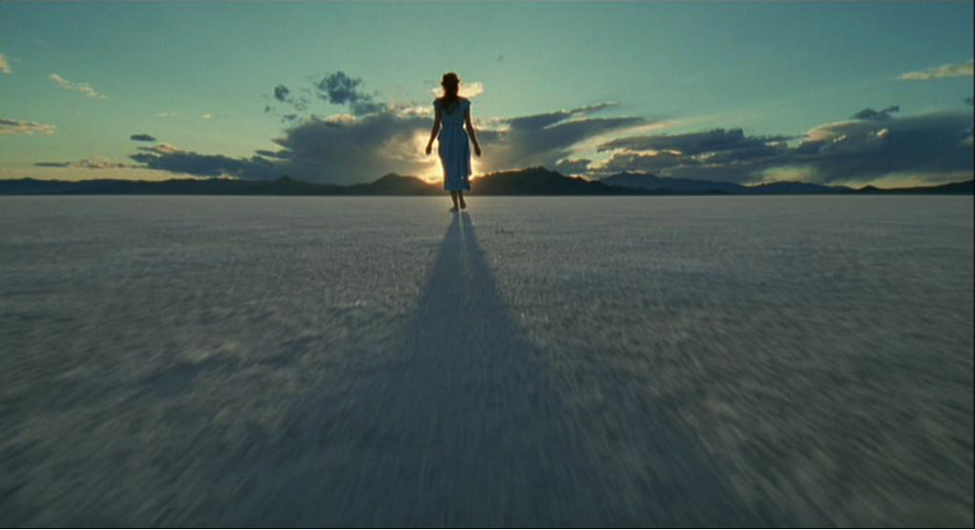
Photo from film-grab.com
- The Tree of Life (2011, Terrence Malick)
The Tree of Life is a mad, beautiful, inscrutable beast of a film, mysterious and elusive in its insistent opacity. A calm meditation on the nature of humanity and what it means to be alive, it is slow and difficult to sit through at times, but as the closing credits roll, you may find yourself experiencing something close to transcendence.
Terrence Malick’s films have always had a grand feeling about them, as they all try to encompass ideas and experiences greater than themselves. Visually stunning and more epic in scale than any film since 2001: A Space Odyssey (1968), this film is the kind of experience that demands its viewers to be open and vulnerable, and in the right time and place, it might just change your life.
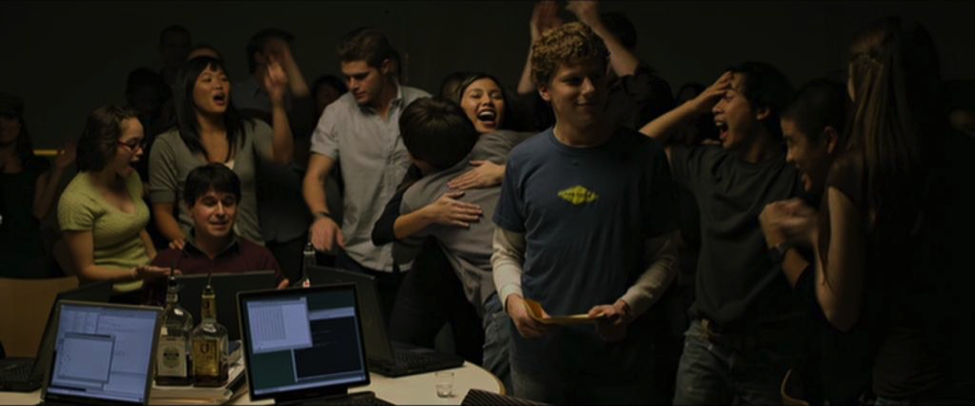
Photo from film-grab.com
- The Social Network (2010, David Fincher)
“You write your snide bullshit from a dark room because that’s what the angry do nowadays.” The moment these words were uttered in the film, we knew it had a lot more to say than just tell the story of Facebook’s invention. There’s nothing more telling of our generation than the movie’s theme of alienation from personal relationships in the face of social media’s growing popularity.
It also helps that the movie is in such magnificent filmmaking hands. Aaron Sorkin’s sharp script cuts through the screen with its fast-paced dialogue and well-structured narrative. Meanwhile, David Fincher’s rather dark approach to storytelling, known usually for his thrillers, turns out to be exactly what the movie needed to tell the timeless tale of anti-hero Mark Zuckerberg. The movie’s already been getting comparisons to Citizen Kane, a movie considered to be one of the best ever made. We won’t be shocked if in a few years time, The Social Network gets in the same league.
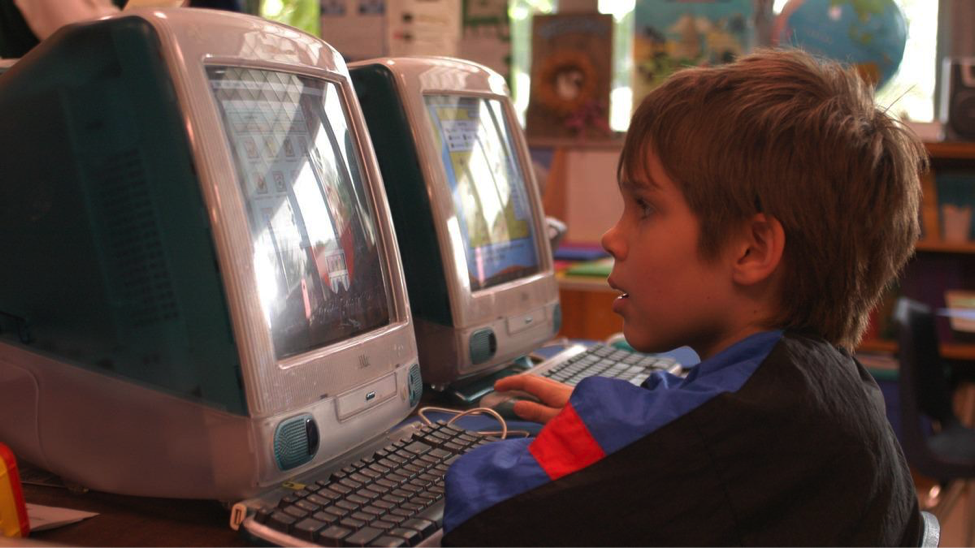
Photo from mashable.com
- Boyhood (2014, Richard Linklater)
Richard Linklater’s magnum opus is an exercise in movement, which is funny because, at times, the film seems to barely move at all. Centered on a boy named Mason Jr. as he matures from a precocious six-year-old to an introspective, eloquent college freshman, the film deals in the smallest, most everyday of moments.
Going bowling, camping in the woods, hanging around with friends at a construction site—the kinds of moments you forget, but in the end, these are the ones that matter. Lives aren’t made up of Kodak shots; they’re made up of the things that happen when no one’s posing. That’s the central message that Boyhood tries to get a across, and it tells it brilliantly—a true masterpiece.
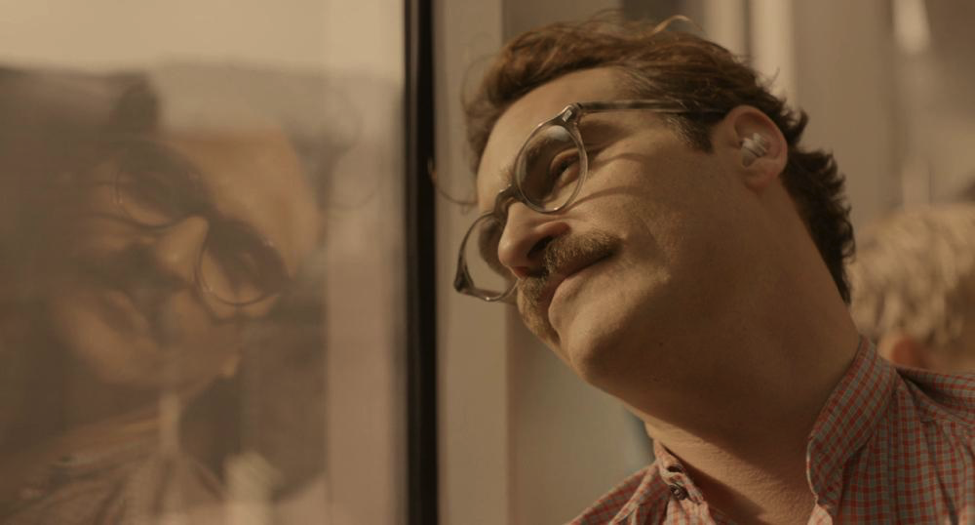
Photo from film-grab.com
- Her (2013, Spike Jonze)
Over the years, there have been a select handful of films that could be called “zeitgeist-defining.” Pulp Fiction (1994), Nashville (1975), The Graduate (1967)—these films served as time capsules for the time and place they were made in, encapsulating the ideas, hopes, fears and challenges of their respective generations. While mentioning Her in the same breath as these masterpieces may feel premature, it’s certainly not undeserved.
A meditation on love and loss in the digital age, Her is buoyed by perhaps the best screenplays of the new decade, as well as a fantastic voice performance by Scarlett Johansson. Even so, its whole transcends the sum of its marvelous parts. Ultimately, the film is a celebration of what it means to be human, and a deserving Number One.
—
Of course, we couldn’t include all the films we wanted on this list. A few honorable mentions, in alphabetical order: Amour (2012, Michael Haneke), Before Midnight (2013, Richard Linklater), Black Swan (2010, Darren Aronofsky), Drive (2011, Nicholas Winding Refn), Inside Llewyn Davis (2013, Coen, Ethan and Joel Coen), Midnight in Paris (2011, Woody Allen), Moonrise Kingdom (2012, Wes Anderson), Sana Dati (2012, Jerrold Tarog), A Separation (2011, Asghar Farhadi), Zero Dark Thirty (2012, Kathryn Bigelow)
Did we forget any of your favorite films from the past five years? Let us know in the comments, or tweet us at @VantMag!



